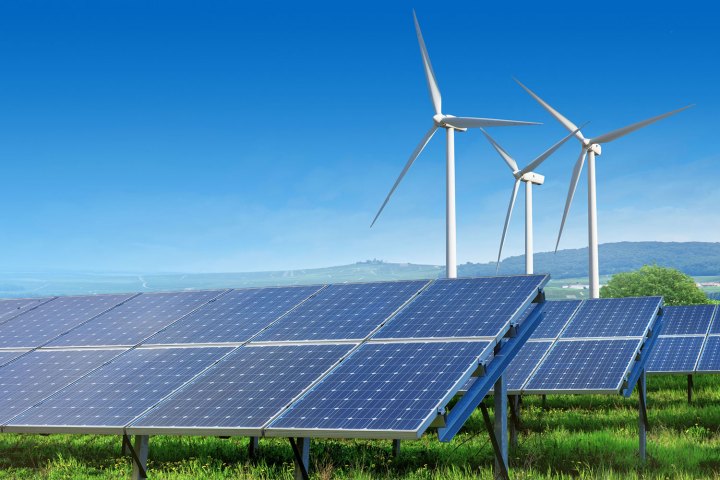
Aided by a seasonal combination of windy but sunny weather, during that weekend the majority of Germany’s coal-fired power stations weren’t even operating, while nuclear power stations (which the country plans to phase out by the year 2022) were massively reduced in output.
To be clear, this is impressive even by Germany’s progressive standards. By comparison, in March just over 40 percent of all electricity consumed in the country came from renewable sources. (According to the most recent figures we could find, in 2015 just 16.9 percent of the electrical generation in the United States came from renewable sources.)
However, while the end-of-April weekend was an aberration, the hope is that it won’t be for too much longer. According to Patrick Graichen of the country’s sustainability-focused Agora Energiewende Initiative, German renewable energy percentages in the mid-80s should be “completely normal” by the year 2030.
This is all thanks to an aggressive focus on investing in renewable energy resources, which have seen a massive boost since 2010. Despite criticism from some parts of the media, the push to embrace sustainable energy sources has received strong support from the German public, as well as from chancellor Angela Merkel.
In all, it’s a timely reminder of what renewable energy sources are able to deliver if given the chance. While private companies like Apple in the U.S. have made their pro-sustainability stance clear, for the most part this is still an area the United States is lagging behind other parts of the world — particularly Germany.


